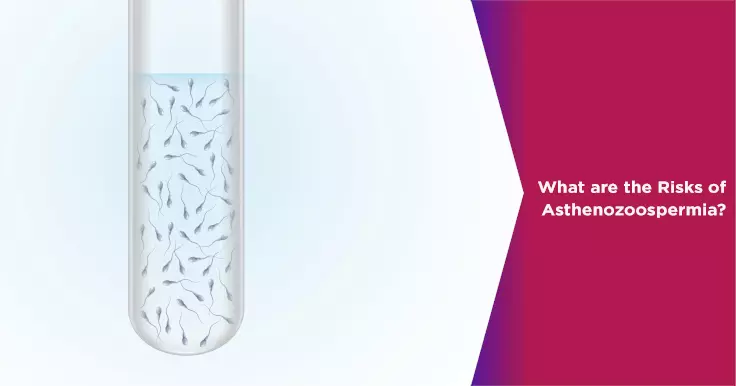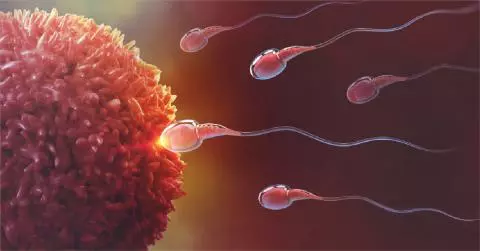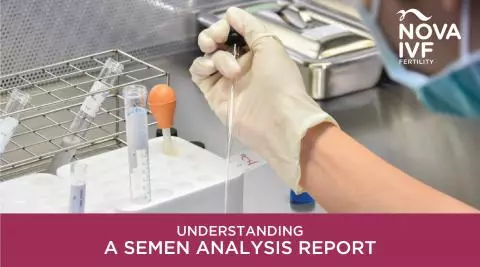Asthenozoospermia Risks: Factors Affecting Sperm Motility

Asthenozoopermia is a condition wherein a man's semen sample has a less than normal percentage of motile sperm. Motility refers to the sperm's ability to move forward in one direction. If a man's sperm is not motile, it will not be able to travel through the cervical mucus and reach the fallopian tubes to fertilise an egg. Under normal circumstances, at least 40% of the sperm in a semen sample should have normal forward motility. Thus, asthenozoopermia can cause infertility.
Risks of Asthenozoospermia
Sperm motility can be affected by a number of factors. Some of the factors that could increase a man's risk of poor sperm motility include:
- The presence of antibodies that attack sperm
- Excessive alcohol consumption
- Drug abuse and smoking
- Age - sperm motility decreases after the age of 45 years in some men
- Exposure to toxins and heavy metals
- Issues with the testicles
- Infections that affect sperm health
- Varicocele veins
- Vasectomy reversal
- Unhealthy diet
- Fever
- Lifestyle habits such as wearing tight clothes and exposure to saunas that can increase body heat around the testicles
- Earlier treatment for cancer through chemotherapy and radiation
- Abnormal sperm shape
- Genetic factors
- Unknown
Asthenozoospermia and Fertility
If the sperm cannot move ahead on its own, it may be very difficult for a couple to conceive. However, this does not mean that the couple cannot have children of their own. This condition can be diagnosed through a semen sample analysis.
Even with asthenozoospermia, a man can father children through medical intervention. The most successful type of treatment for fertility affected by asthenozoospermia is an intracytoplasmic sperm injection. This ensures that the egg is fertilised by the sperm. Other forms of fertility treatment that may be used in such cases are in vitro fertilisation and artificial insemination. Changing certain lifestyle habits such as eating more essential amino acids and antioxidants can also help improve sperm quality and motility to some extent.
 Infertility Counselling
Infertility Counselling Female Infertility Treatment
Female Infertility Treatment Andrology Treatment
Andrology Treatment Fertility Enhancing Surgeries - Female
Fertility Enhancing Surgeries - Female Fertility Enhancing Surgeries - Male
Fertility Enhancing Surgeries - Male Endoscopy Treatment
Endoscopy Treatment IUI Treatment
IUI Treatment IVF Treatment
IVF Treatment ICSI Treatment
ICSI Treatment Advanced IVF Solutions
Advanced IVF Solutions Embryology
Embryology Vitrification Egg, Embryo, Sperm Freezing
Vitrification Egg, Embryo, Sperm Freezing Preimplantation Genetic Testing (PGT)
Preimplantation Genetic Testing (PGT) Donation Program Embryo / Egg / Sperm
Donation Program Embryo / Egg / Sperm Self-cycleTM IVF
Self-cycleTM IVF

 Self-cycleTM IVF
Self-cycleTM IVF










